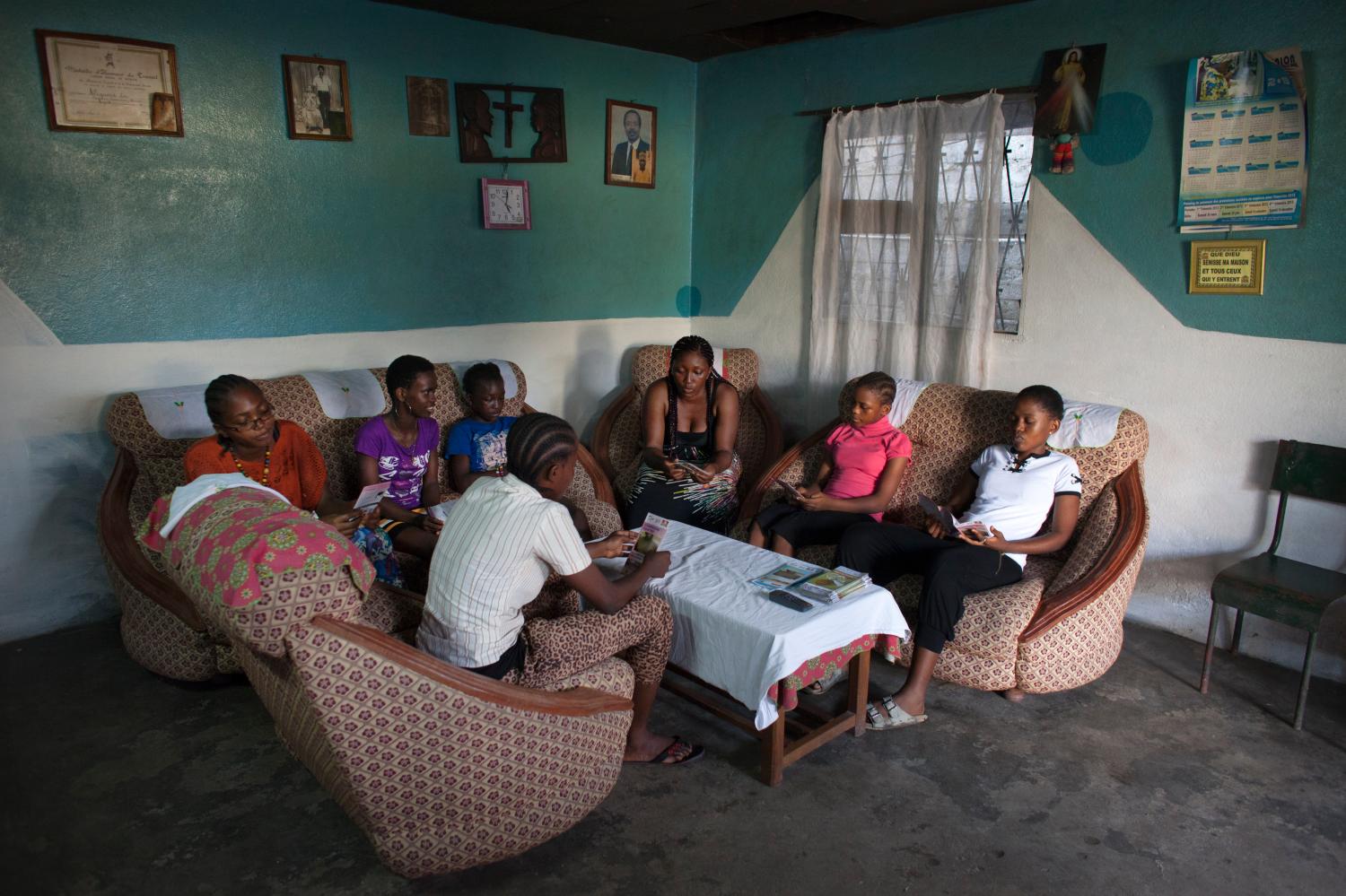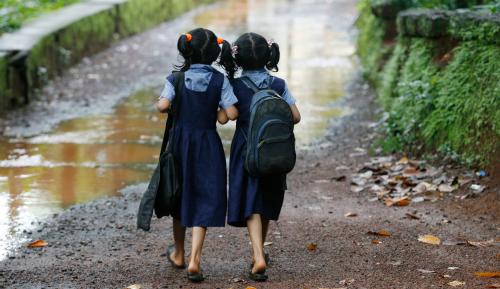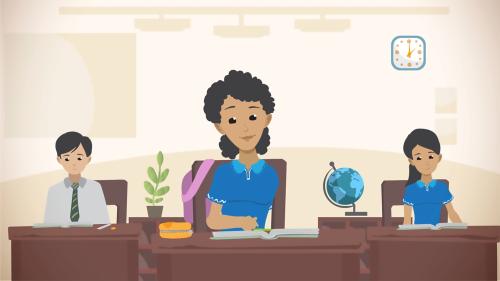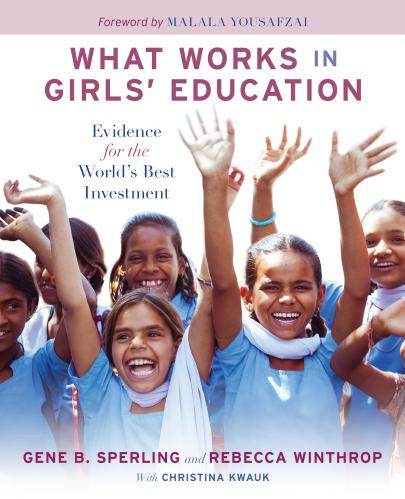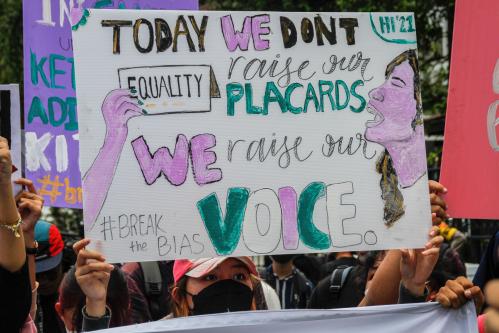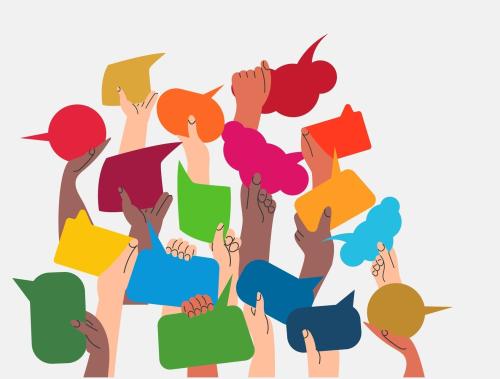For marginalized girls in developing countries whose life outcomes are threatened by poverty and gender-based discrimination, life skills education can arm them with the knowledge, skills, and attitudes to rewrite their futures. Oftentimes, their only access to education is through non-formal spaces provided by non-governmental organizations (NGOs). Therefore, understanding how non-formal actors can better design and deliver life skills programming for such populations is especially important.
In this study we conducted 1) a comprehensive literature review of non-formal life skills programs for girls in developing countries, and 2) a cross-national study of the landscape, design, alignment, and intended outcomes of 103 life skills programs in Ethiopia, Lebanon, and Tanzania. Specifically, we asked who these programs serve, what skills are targeted, what approaches are used, whether there is alignment between what programs offer and what girls need, and what outcomes programs aim to help girls achieve.
Key takeaways and policy implications
1. Programs try to teach a breadth of skills, but there is a definition issue to address in program design.
Life skills programs are combining several types of skills in their program offerings, but with a narrow focus on vocational and technical skills. In addition, programs appear to be conflating knowledge areas with skills, at the expense of developing girls’ actual skill sets. These problems may stem from a definition issue, where the term “life skills” leads implementers to focus program design on skills for livelihoods or knowledge of specific life situations (e.g., sexual and reproductive health), rather than on helping girls to develop a broad range of competencies to navigate gender-based challenges in their lives. Although the skills that programs teach are generally aligned with the skills that girls report are most relevant to them, more research is needed to understand whether these are the skills girls need.
2. There are gaps in what life skills programs measure.
The definition issue has larger implications for how we measure life skills. At present, there is a gap between what we want to measure and what our measurements actually capture. First, if the transferability from situation to situation is what makes life skills “life skills,” then measures that demonstrate whether girls can apply and translate these skills in concrete, new, and empowering ways are necessary. Second, if improving girls’ life outcomes is the purpose of developing girls’ life skills, then longitudinal measures in evaluations of impact are needed. Life skills programs that only emphasize girls’ self-improvement may miss the role that context plays in girls’ achievements of intended program and life outcomes.
3. Life skills practitioners may be missing a key opportunity to inform evidence-based policy and scale programs.
The emergence of national frameworks for life skills education, and a global movement to incorporate 21st century skills across national curricula, suggests that policy contexts are ripe for scaling best practices in life skills education. But, our program mapping and survey data hint at a policy-practice gap that suggests greater collaboration is needed to ensure that policy frameworks inform program design and that evidence-based practice—and the needs of girls themselves—inform policy formulation.
4. Formal and non-formal education stakeholders can learn from each other to improve girls’ opportunities for life skills development.
To encourage widespread systemic change for girls, informing the formal education sector’s approach to life skills development for girls is paramount. Our study’s focus on non-formal life skills programs suggests great import around: 1) preparing teachers to act as facilitators or mentors in girls’ (and boys’) development of life skills, 2) equipping teachers with tools to use more participatory pedagogies into their classrooms, and 3) integrating the teaching of life skills into the curriculum and classroom activities rather than treating it as a stand-alone subject.
Download Policy Brief | Download Executive Summary
The Brookings Institution is committed to quality, independence, and impact.
We are supported by a diverse array of funders. In line with our values and policies, each Brookings publication represents the sole views of its author(s).



